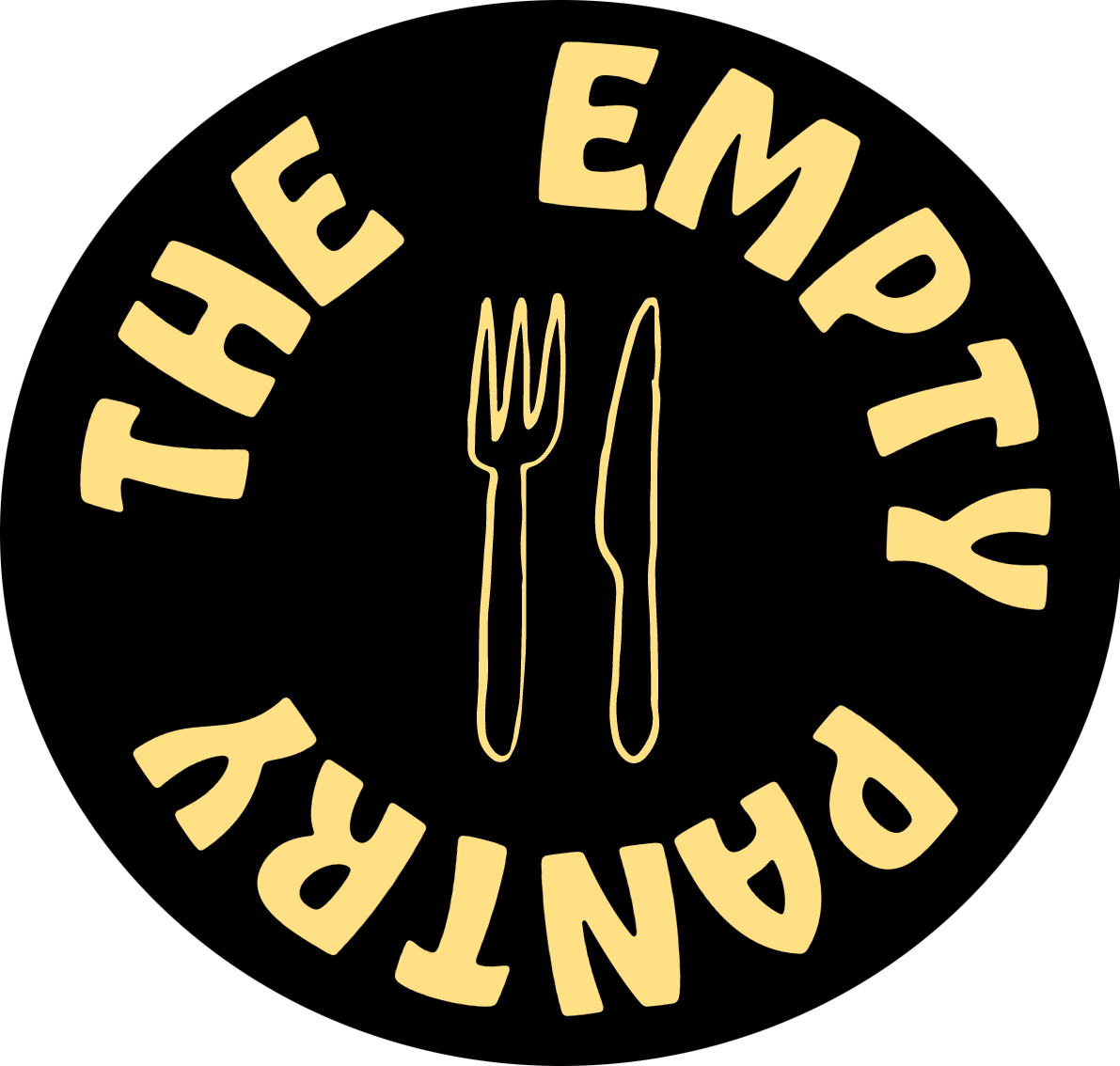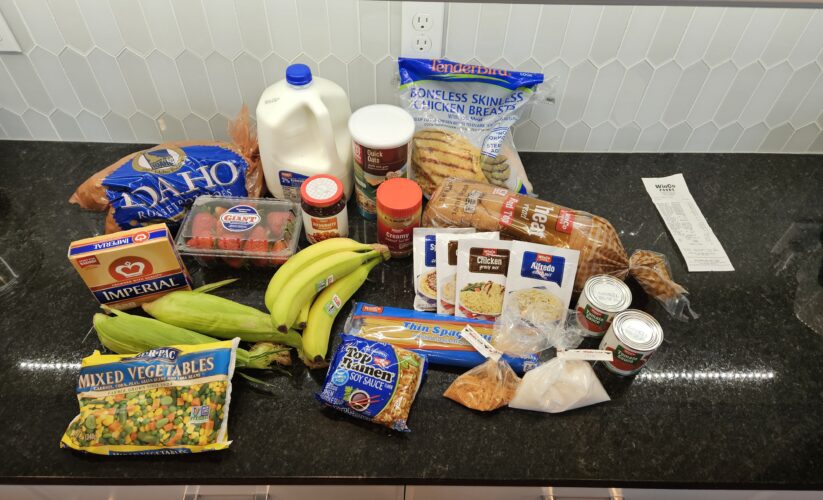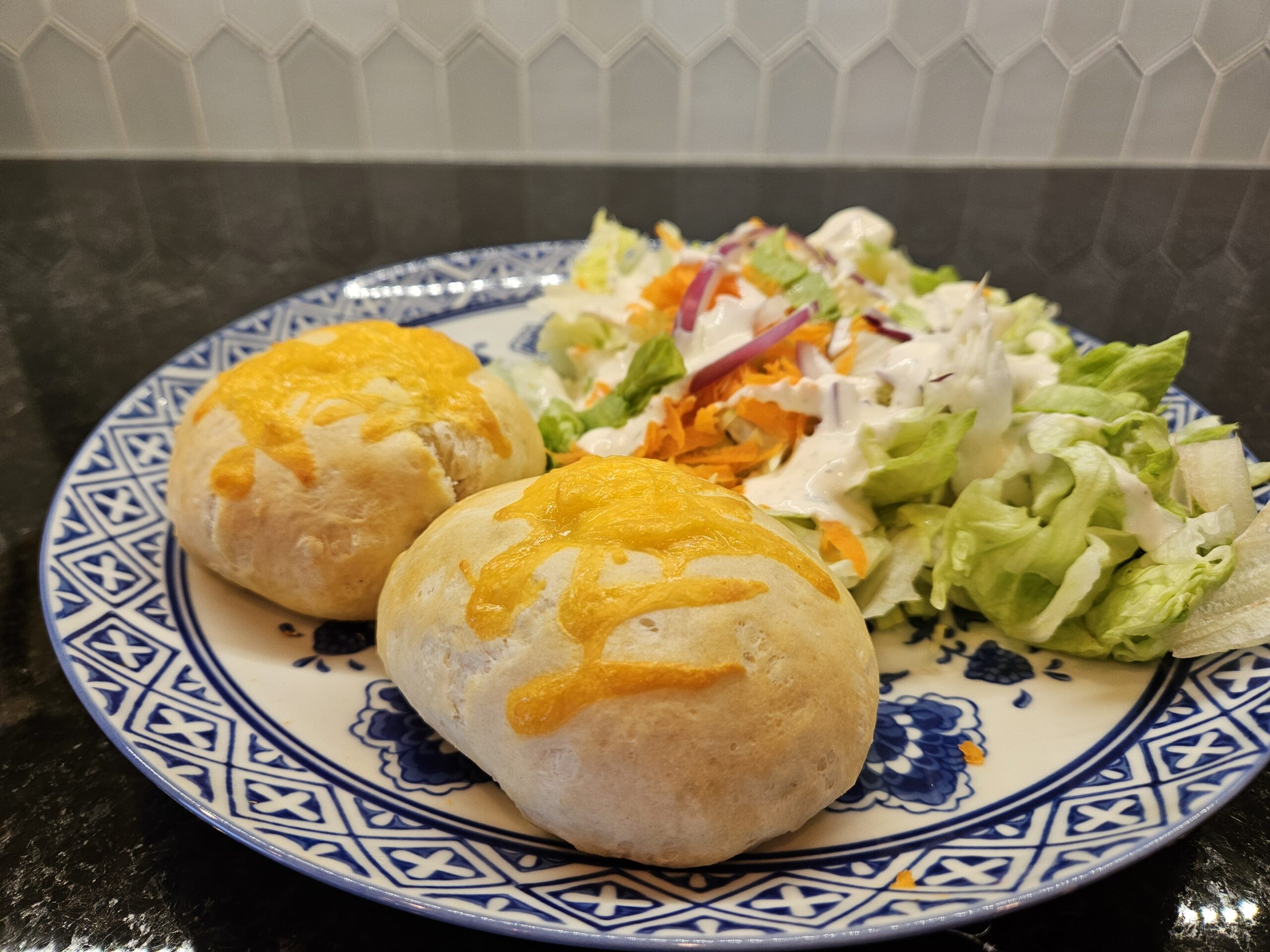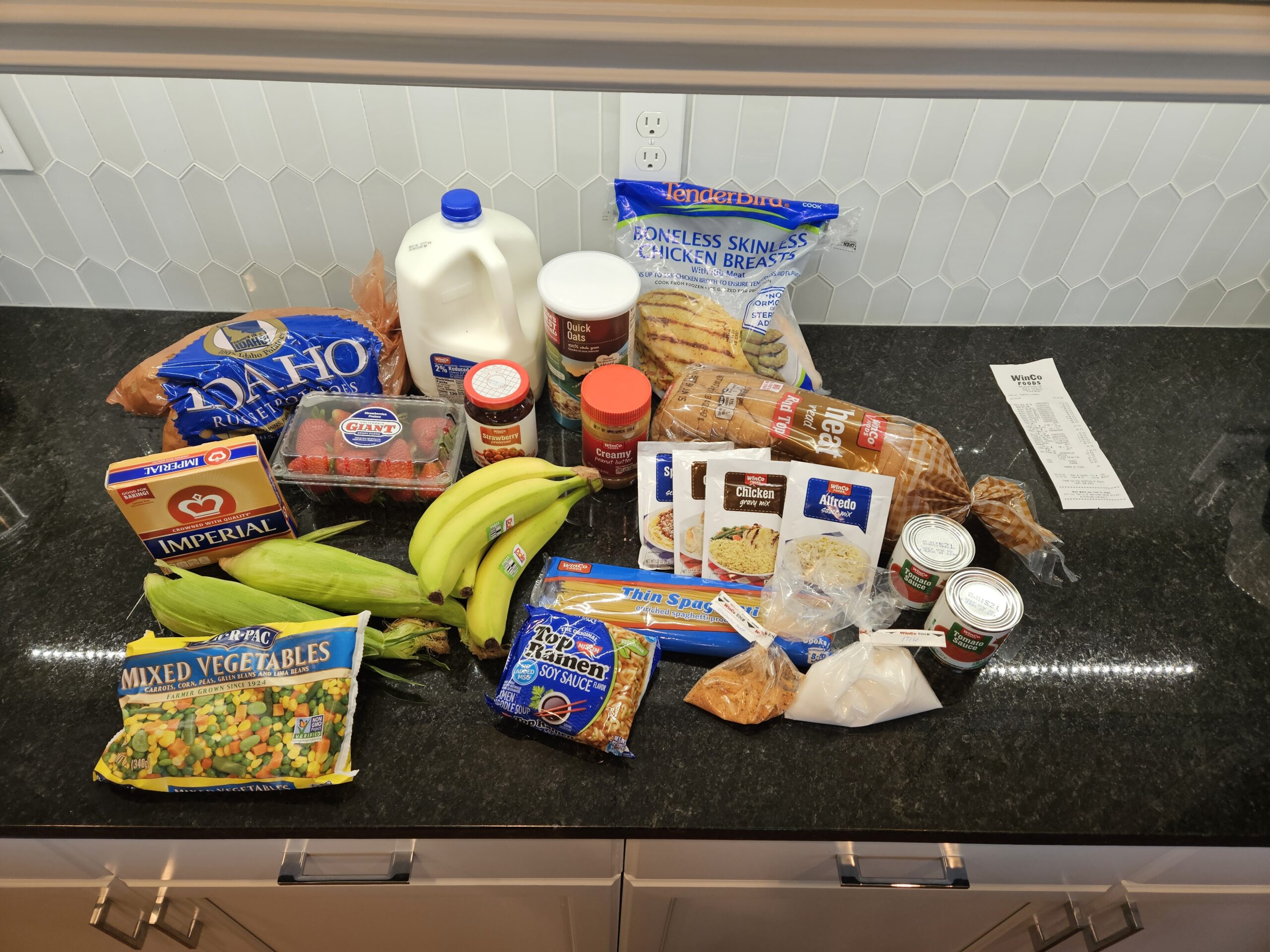Meal Planning 101 – Episode #25
Amy
- August 22, 2024
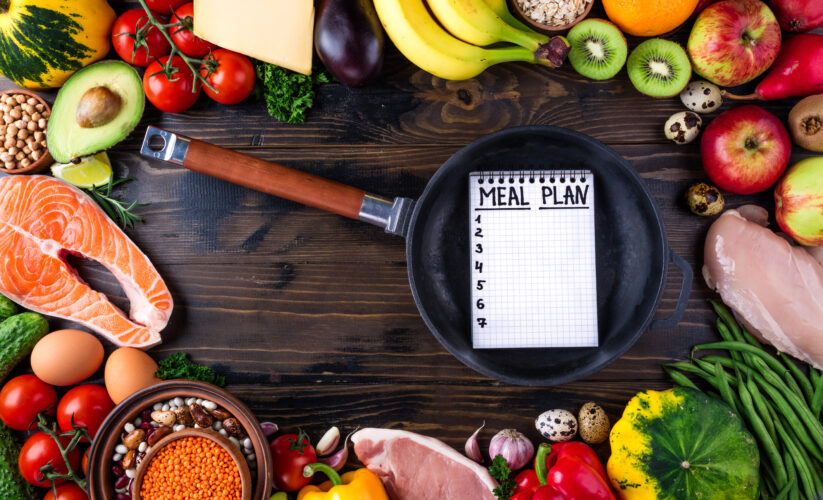
We’re diving into Meal Planning 101. Whether you’re a seasoned cook or a kitchen newbie, meal planning can be a game-changer for your budget, health, and stress levels. Join me as we explore the basics of meal planning and how it can help you save time, money, and effort while ensuring you eat well every day.
The Ultimate Guide to Meal Planning: How to Get Started and Save Time, Money, and Stress
Meal planning has become an essential part of my weekly routine, and I can’t emphasize enough how much it has transformed my approach to cooking, shopping, and even eating. Before I started meal planning, I often found myself standing in front of the fridge, unsure of what to make for dinner, or worse, ordering takeout because I didn’t have a plan. Not only was this expensive, but it also led to a lot of food waste and unnecessary stress.
In this blog post, I’m going to share with you the benefits of meal planning, a step-by-step guide to creating a meal plan, and tips for making a grocery list that will help you stick to your plan. By the end of this post, you’ll have all the tools you need to start meal planning like a pro. Say goodbye to last-minute meal stress and hello to a more organized, efficient kitchen!
1. The Benefits of Meal Planning
Meal planning has so many benefits that once you start, you’ll wonder how you ever managed without it. Here’s what I’ve discovered:
– Saves Time: By planning all your meals for the week ahead of time, you eliminate the daily decision-making process. This frees up mental space and allows you to focus on other tasks. You also save time by shopping with a specific list, avoiding multiple trips to the store.
– Saves Money: When you plan your meals, you can create a shopping list that includes only the items you need. This reduces impulse buys and ensures you’re not purchasing things you don’t actually need. Additionally, meal planning helps you take advantage of sales and bulk purchasing, further stretching your grocery budget.
– Reduces Food Waste: With a plan in place, you’re more likely to use up all the ingredients you buy. You’ll also be more mindful of what’s already in your pantry, fridge, and freezer, preventing duplicate purchases and reducing the amount of food that gets thrown away.
– Promotes Healthy Eating: When you plan your meals, you have complete control over the ingredients you use. This makes it easier to incorporate more fruits, vegetables, and whole grains into your diet. Plus, with meals planned, you’re less likely to resort to unhealthy takeout or convenience foods.
– Reduces Stress: Knowing exactly what’s for dinner each night takes the stress out of meal times. You’ll no longer have to scramble to put something together at the last minute or feel overwhelmed by the choices in front of you.
2. Taking Inventory
Before I even think about what I want to cook for the week, I take inventory of what I already have on hand. This is a crucial step because it helps me avoid buying things I don’t need and ensures that I’m using up ingredients before they go bad.
Check Your Pantry, Fridge, and Freezer:
I start by looking through my pantry to see what dry goods I have. This includes things like pasta, rice, beans, canned goods, and baking supplies. Then, I move on to the fridge, where I check for fresh produce, dairy, and any leftovers that need to be used up. Finally, I take a look in the freezer to see what proteins or frozen veggies I already have.
Make a List of What You Have:
As I go through my kitchen, I jot down everything I have on hand. This helps me see what ingredients I can build meals around and what I might need to replenish. I also make note of any items that are close to their expiration date so that I can prioritize using them in my upcoming meals.
3. Creating a Meal Plan
Now comes the fun part: creating your meal plan! I like to do this on a Sunday afternoon, but you can choose whatever day works best for you.
Plan for Breakfast, Lunch, Dinner, and Snacks:
I plan out all my meals for the week, including breakfast, lunch, dinner, and snacks. For breakfast, I often stick to simple options like oatmeal, smoothies, or eggs. Lunches are usually leftovers from dinner or something easy like a salad or sandwich. Dinners are where I put most of my focus, planning a variety of meals that incorporate different proteins, vegetables, and grains. I also include snacks like fruit, yogurt, or homemade granola bars.
Mix It Up:
I try to include a mix of tried-and-true favorites and new recipes in my meal plan. This keeps things interesting and allows me to experiment with new flavors and ingredients. I also make sure to plan for at least one meatless meal each week, which helps reduce my grocery bill and adds variety to our diet.
Be Realistic:
When creating your meal plan, be realistic about your schedule and energy levels. If you know you have a busy week ahead, plan for some quick and easy meals or consider batch cooking on the weekend so that you have ready-to-eat options during the week.
4. Making a Grocery List
With my meal plan in hand, I’m ready to make my grocery list. This step is critical because it ensures I buy only what I need and helps me stay on budget.
Write Down Everything You Need:
I go through each meal I’ve planned and write down all the ingredients I’ll need to make them. I also include any staple items that I’m running low on, like olive oil, spices, or flour. I organize my list by sections of the store (produce, dairy, meat, etc.), which makes shopping more efficient and helps me avoid backtracking.
Stick to the List:
This is where the real savings come in. By sticking to my list, I avoid impulse buys and unnecessary purchases. I also make a point to shop alone if possible, as this reduces distractions and the temptation to stray from my list.
Look for Sales and Coupons:
Before heading to the store, I take a few minutes to check for sales or coupons on the items I need. Many grocery stores have apps where you can find digital coupons, and I also use cashback apps like Ibotta or Fetch Rewards to save even more. If I find a great deal on something I use regularly, I might buy a little extra to stock up, but only if it fits within my budget.
5. Prep Ahead
One of the biggest benefits of meal planning is that it allows you to prep ahead, saving you time and reducing stress during the week.
Prep Ingredients:
After I’ve done my grocery shopping, I like to spend some time prepping ingredients for the week. This might include chopping vegetables, marinating meat, or cooking a batch of grains like rice or quinoa. By doing this in advance, I can quickly throw together meals during the week without spending too much time in the kitchen.
Batch Cooking:
Another strategy I use is batch cooking. On Sundays, I often cook a few big meals that can be portioned out and eaten throughout the week. For example, I might make a large pot of soup, a casserole, or a tray of roasted vegetables. These dishes can be stored in the fridge or freezer and reheated as needed, making weeknight dinners a breeze.
Assemble Meals in Advance:
For particularly busy weeks, I sometimes assemble entire meals in advance. This might include putting together a lasagna that’s ready to pop in the oven, assembling salad jars for quick lunches, or pre-cooking breakfast items like egg muffins or overnight oats. Having these meals ready to go saves me so much time and stress during the week.
Meal planning has truly been a game-changer for me, and I hope that by sharing my process, I can help you experience the same benefits. By taking the time once a week to plan your meals, you’ll save money, reduce food waste, and make healthier choices. Plus, you’ll eliminate the daily stress of figuring out what’s for dinner, allowing you to enjoy your meals and your time in the kitchen.
If you’re new to meal planning, start small. Plan just a few meals for the week and gradually build from there. Before you know it, meal planning will become second nature, and you’ll wonder how you ever managed without it.
So, grab a pen and paper, check your pantry, and start planning your meals for the week. Your wallet, your health, and your sanity will thank you!
